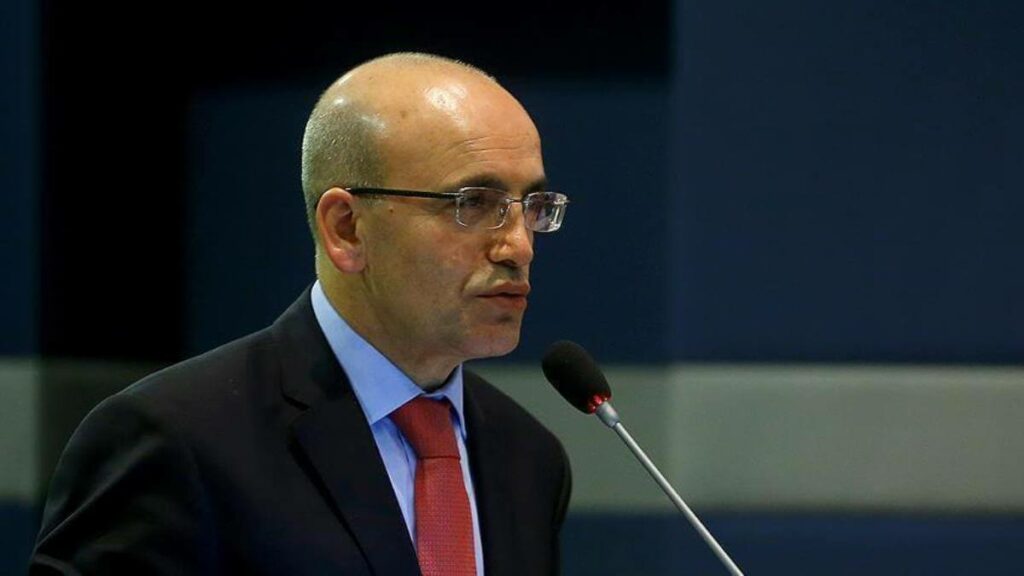Turkish President Recep Tayyip Erdoğan will appoint Mehmet Şimşek, widely respected by foreign investors, as his new treasury and finance minister, Bloomberg and the Financial Times reported on Friday, citing people with direct knowledge of the matter.
Şimşek, 56, is expected to normalize Turkey’s policies after years of unorthodox moves that resulted in runaway inflation and the lira sinking to record lows, the people said, asking not to be identified citing sensitivity of the matter.
Erdoğan, known for intervening in monetary policy and firing officials who don’t toe the line, will need to give Şimşek enough autonomy to convince observers the shift is more than window-dressing. Erdoğan won a vote on Sunday against opposition candidate Kemal Kılıçdaroğlu, extending his more than two decades in power to 2028.
Şimşek, who exited Turkey’s government in 2018 when Erdoğan appointed his son-in-law Berat Albayrak as finance minister, has found common ground with the president on key policy matters, according to the person familiar with the talks.
Timothy Ash, emerging markets strategist at BlueBay Asset Management, said that if Şimşek was appointed it would mean “that the Turkish economy has a chance of pulling back from the brink.”
The former London-based Merrill head of Emea fixed income strategy subscribes to conventional economic theories, something that clashes with Erdoğan’s long-held view that high interest rates cause rather than cure high inflation. It is expected that Şimşek will push for a return to traditional monetary policies, including higher borrowing costs, assuming he returns to a leading position in Turkey’s economic management team.
Erdoğan promotes a controversial economic model that is based on low interest rates and appoints chairpersons to the country’s central bank as well as the finance ministry who also act in line with his economic model and against the raising of interest rates.
In 2021 Turkey embarked on a rate-cutting cycle in the face of soaring inflation, defying traditional monetary policy and running against a global trend of rising borrowing costs.
The Turkish central bank slashed its benchmark rate by 500 basis points in 2021 and then again in 2022, after calls for rate cuts from Erdoğan.
The lira barely budged on Friday, trading at a record low of nearly 21 against the US dollar, leaving it down about 22 percent this year. It was trading at below five when Şimşek left office in 2018.
Şimşek announced on Twitter in March that he had a cordial meeting with Erdoğan at AKP headquarters in Ankara but does not plan to enter active politics due to his work with financial organizations abroad, although he did say he’s ready to offer his help to Erdoğan’s government in his area of expertise.
In March, Şimşek rejected an offer from Erdoğan to rejoin his party and economy team, saying he wants to stay out of politics.
Erdoğan, who was re-elected for a five-year term as president last weekend, is expected to unveil his cabinet on Saturday. Turkey’s government declined to comment on the news that Şimşek was set to be appointed as finance minister.

